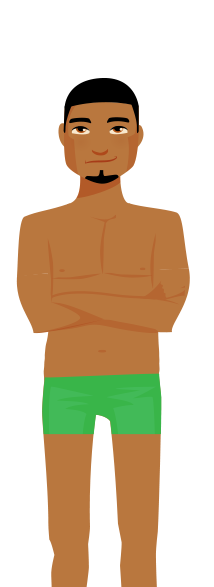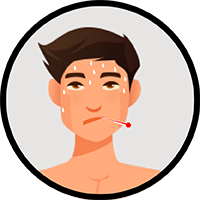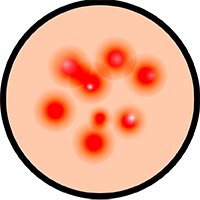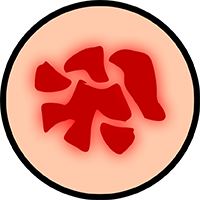Treatment
PEPSE (Post-Exposure Prophylaxis) is one type of medication that can be used to treat HIV. It can be taken up to 72 hours after exposure to HIV to stop you becoming HIV positive, the early it is taken the better chance of success so if your worried you may have contracted the disease get yourself checked.
If you decide to go with this treatment – The medication needs to be taken for one month after the initial dose to be effective, It can have unpleasant side effects such as;
- Nausea
- Diarrhoea
- Skin rashes
- Mood and sleep problems
In the long term, side effects can be more serious, leading to kidney, liver and bone problems
If the medication does not work and HIV is diagnosed, you cannot use PEPSE in future to help treat HIV as you may be resistant, you will be monitored carefully during the month when you take the tablets and then for another three months afterwards. Missing a dose will increase the risk of the treatment not working.
There is no cure for HIV, but there are treatments to enable most people with the virus to live a long and healthy life with early diagnosis and effective treatment, most people with HIV will not go on to develop AIDS, AIDS is the final stage of HIV infection, when your body can no longer fight life-threatening infections.







